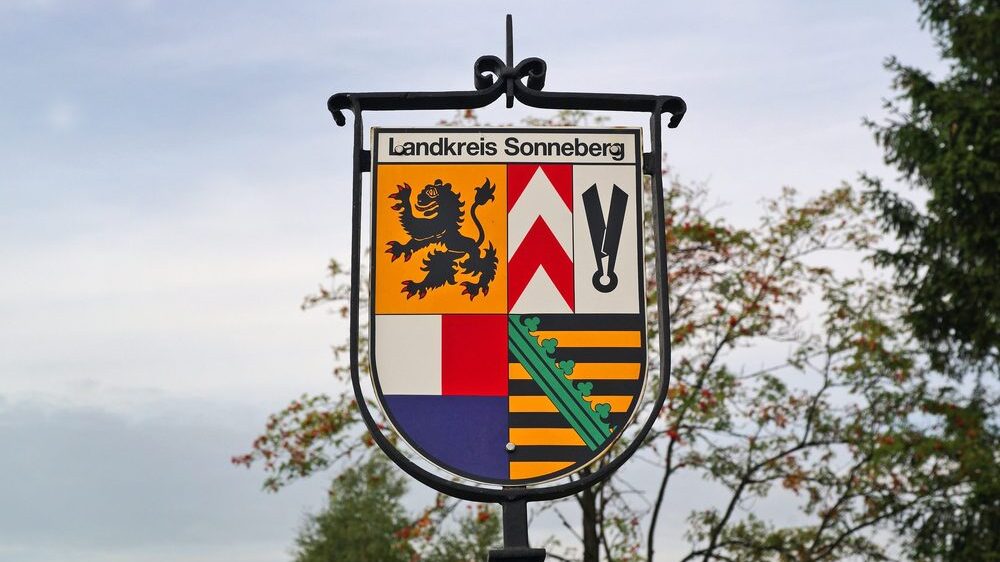
Photo: Tohuwabohu1976 / Shutterstock.com
Leaders from Germany’s five establishment parties—SPD, Greens, FDP, CDU, and the Left—have called on their voters to mobilize against the AfD candidate in an upcoming runoff election following Robert Sesselmann’s decisive victory in the district election in Sonneberg in southern Thuringia on Sunday, June 11th. Sesselmann won 46.7% of the vote, just short of the absolute majority needed to win outright.
With the runoff election set to take place on June 25th, and Sesselman poised to become his party’s first district administrator in Germany, Thuringia’s mainstream parties, in a frantic attempt to prevent that from happening, have decided to throw their support behind state parliamentarian Jürgen Köpper (CDU), who garnered 35.7% of the first round vote, the Berlin-based newspaper Spiegel reports.
Reactions to AfD’s victory were swift, with Thuringia’s FDP leader Thomas Kemmerich calling the election result “not good for the district,” before announcing that he would work to mobilize his party’s supporters to vote for Köpper in the second round:
The goal in the second round of voting should be to mobilize the more than 50 percent of non-voters to make the result in favor of the CDU candidate, Jürgen Köpper, positive for the district.”
Thuringia’s Minister President Bodo Ramelow (Left Party), who leads the state’s red-red-green minority government which also relies on the cooperation of the CDU and FDP, voiced his disappointment with the voter turnout of 49.1%:
Half of those who didn’t go also bear some of the responsibility for the fact that the AfD candidate got 50 percent almost immediately.
He urged Sonnebergers to go out and vote in the runoff election. Otherwise, a candidate “who dislikes foreigners and wants to get out of the euro” could triumph, he told the press.
Hans-Georg Maasen, the former president of Germany’s Federal Office for the Protection of the Constitution (BfV), argued in a Twitter post that the CDU, by cooperating with left-liberals from the SPD, the Left, and Greens in Thuringia, is inadvertently working to strengthen the AfD’s position in Sonneberg.
Björn Höcke, the leader of the AfD in the region of Thuringia, welcomed the district’s election results late Sunday evening, writing on Twitter:
With almost 47 percent, my parliamentary colleague Robert Sesselmann was able to achieve the best AfD result in the first round of a district election. Had he received three percentage points more, he would have become the first AfD district administrator. We want and will do that for Thuringia.”
Kristin Brinker, the AfD’s group leader in Berlin’s state parliament, also weighed in on the significance of the election, saying: “The district election of Sonneberg has shown that it is only a matter of time before the AfD is elected to responsibility. We will continue to make history.”
It is worth noting that a similar pile-on strategy to the one being employed by the establishment parties against the AfD in the Sonneberg district election was used by Hungary’s globalist opposition parties against Orbán’s Fidesz party during Hungary’s national parliamentary elections in 2022. Despite having little in the way of ideological similarities—other than opposing Fidesz’s national outlook—several parties spanning the entirety of the left-right spectrum joined forces in an attempt to dethrone Orbán’s Fidesz.
The AfD, now the second most popular party in Germany according to the latest polls, is likely to see more of the same from the Left, SPD, Greens, FDP, and CDU as the party performs increasingly well at the state and federal levels.
